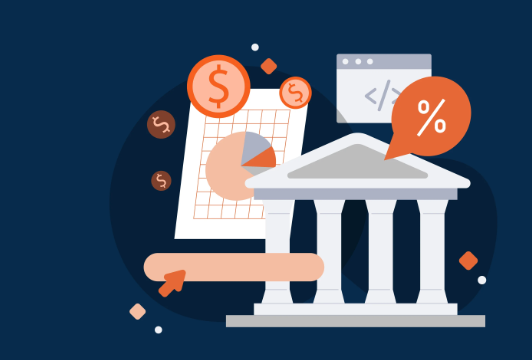The financial industry is undergoing a technological revolution with artificial intelligence (AI) and algorithmic trading transforming the way investors and institutions manage stocks.
By 2025, AI-driven trading systems will dominate markets, leveraging machine learning, big data, and predictive analytics to maximize profits and reduce risks. Let’s explore how AI is reshaping
the future of stock trading and investment strategies. The Rise of AI in Stock Trading AI has drastically improved market efficiency, trade execution, and risk assessment by
processing vast amounts of financial data in real time. Key contributions of AI in trading include:
- Predictive Analytics: AI algorithms analyze historical data to forecast stock movements with high accuracy.
- High-Frequency Trading (HFT): AI executes thousands of trades per second, capitalizing on small price fluctuations.
- Sentiment Analysis: AI scans news, social media, and financial reports to gauge market sentiment.
- Portfolio Optimization: AI-driven robo-advisors customize investment portfolios based on risk tolerance and financial goals.
Key Applications of AI in Trading & Investment
- Algorithmic Trading & Automated Strategies AI-powered trading bots execute trades at lightning speed, ensuring optimal buy/sell decisions based on real-time data.
- AI-Powered Stock Market Forecasting Machine learning models detect patterns in stock market trends, enabling traders to make data-driven decisions.
- Robo-Advisors & Wealth Management AI-driven robo-advisors provide automated financial planning and investment strategies tailored to individual investors.
- Risk Management & Fraud Detection AI enhances risk assessment by identifying unusual trading patterns, preventing fraud and financial crimes.
- Cryptocurrency & AI-Based Trading AI trading bots optimize crypto investments, predicting price volatility in Bitcoin, Ethereum, and other digital assets.
Challenges & Ethical Considerations Despite its advantages, AI-driven trading comes with challenges:
- Market Volatility: AI-driven flash crashes can lead to unpredictable market swings.
- Regulatory Compliance: Governments are introducing stricter regulations for AI-powered trading systems.
- AI Bias & Data Reliability: AI models must be trained on unbiased, high-quality financial data to avoid misleading predictions.
The Future of AI in Stock Trading By 2025, AI-powered stock trading will integrate quantum computing, blockchain technology, and decentralized finance (DeFi) to further enhance investment strategies. AI-driven financial ecosystems will become more transparent, efficient, and accessible to both institutional and retail investors. Conclusion AI is revolutionizing stock trading and investment strategies by providing real-time insights, automation, and precision in decision-making. While challenges remain, the future of trading is AI-powered, data-driven, and highly profitable for those who adapt to the changing financial landscape. Investors who embrace AI-driven strategies will gain a significant edge in the competitive stock market of tomorrow.


